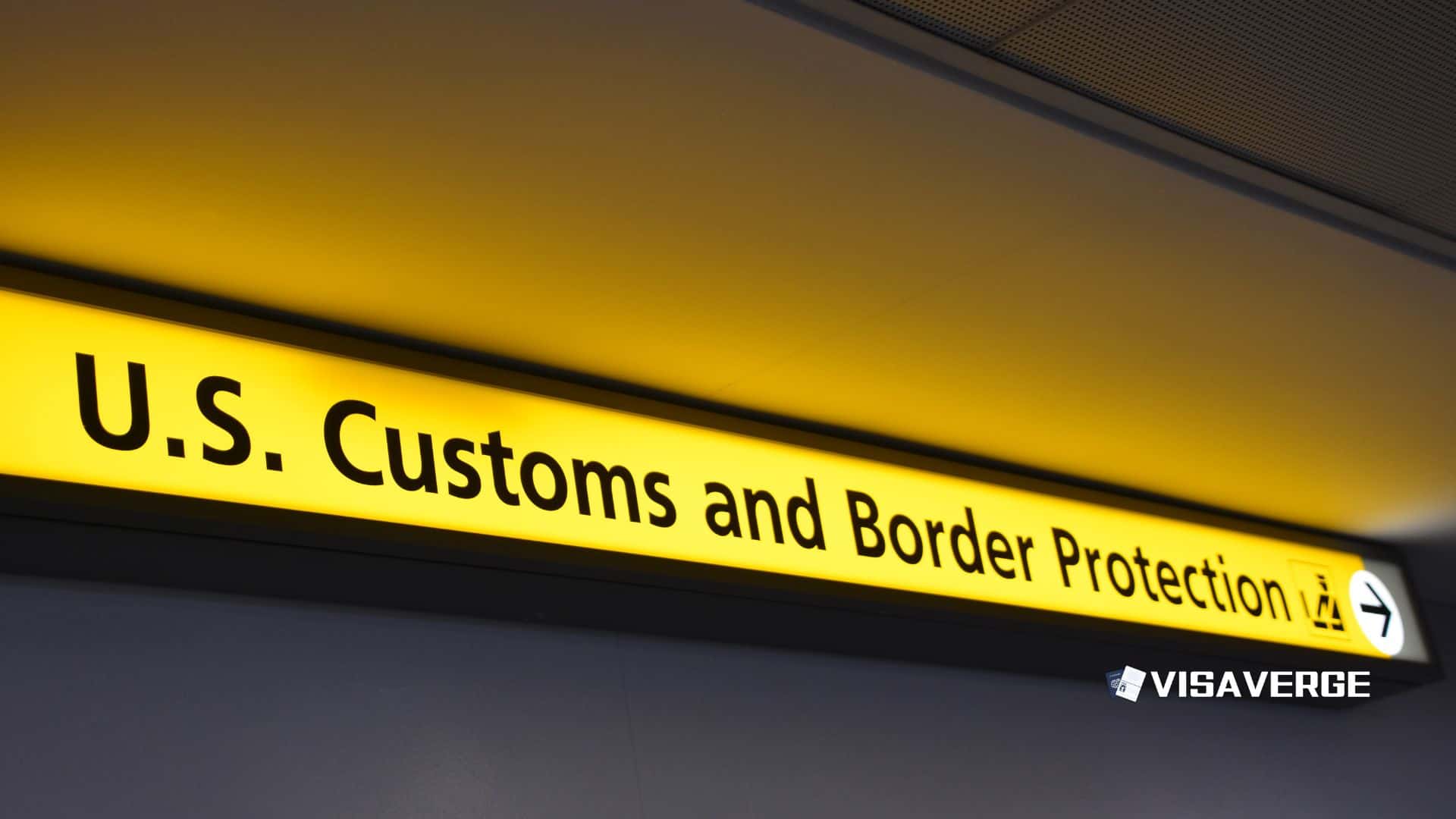(LONDON, UNITED KINGDOM) London companies are stepping up pressure on ministers to soften recent changes to UK visa & student immigration laws, warning that tougher rules on overseas graduates and skilled workers are already putting the capital’s economic strength at risk. Business leaders say the city’s recovery and future growth depend on a steady flow of international talent, even as the government presses ahead with measures designed to cut net migration.
Business sentiment: near‑unanimous support for global hiring

A new 2025 survey of London business leaders found an almost united front in support of global hiring.
- 93% of executives said international staff help fill skills gaps, especially in digital roles, multilingual communication, and jobs that require quick adaptation to change.
- Only 4% thought overseas workers reduce chances for domestic staff.
- 89% said foreign hires play a direct role in supporting innovation inside their organisations.
The survey shows a rare point of near‑unanimity across size, sector and political background: London employers want international talent in greater numbers, not fewer.
The scale of London’s reliance on international workers
London’s workforce is already deeply international.
- 40% of payrolled workers come from outside the United Kingdom 🇬🇧.
- International workers are concentrated in fast‑growing sectors: information technology, finance, consulting, creative industries and other high‑skill services that underpin the city’s tax base.
- 91% of business leaders told researchers that international professionals are central to keeping London competitive with rival hubs like New York, Singapore and Paris.
The reliance is especially strong among medium and large employers:
- Medium & large firms account for roughly 70% of London’s turnover.
- In firms with 50 or more employees, 96% of leaders described international talent as “very important” to their business model.
- Among smaller firms, 58% said international talent was very important, but most still rely on global hires for hard‑to‑find skills and language abilities.
Impact on performance and competitiveness
Companies employing more international staff report measurable differences in performance.
- Among businesses where >10% of employees are international hires, 73% believed they were outperforming competitors.
- That confidence fell to 54% among firms with fewer global workers.
Executives link this gap to gains in productivity, creativity and problem‑solving, especially in technical and client‑facing roles.
Key policy changes and employer concerns
Recent Home Office measures have tightened visa & student immigration laws, creating specific challenges:
- Proposed reduction of the Graduate Route post‑study stay from two years to 18 months, which employers say will make it harder for graduates to move into skilled roles that require longer recruitment cycles, security checks, or professional registration.
- New rules now bar most students from bringing dependants, except for PhD or other research‑level programmes, forcing families to consider splitting households or delaying plans.
- International students must now show higher savings to qualify — a change that disproportionately affects applicants to lower‑ranked universities and risks making London a destination mainly for wealthier students.
- The sponsorship fee for many skilled or specialist workers has risen from £1,000 to £1,320, adding to visa charges and the Immigration Skills Charge. Exemptions exist for most scientists and researchers, but many tech scale‑ups, law firms, creative agencies and professional services firms still face higher costs.
Analysis by VisaVerge.com suggests these rising costs and tighter rules could push some firms to relocate teams to countries with cheaper, more flexible visa systems.
Sectoral risks and training pipeline concerns
Higher Education and industry groups warn the combined package of changes risks weakening the UK’s global position.
- Universities argue fewer international students mean less income to fund teaching and research for domestic students.
- Employers fear a smaller pool of graduates ready to move straight into professional roles.
- Sectors with long training periods and supervised practice — optometry, pharmacy and law — are especially exposed if overseas graduates leave when shorter post‑study permissions expire.
Within London, talent shortages are acute in:
- Information and communications
- Business and professional services
- Finance and insurance
Employers report intense competition for people with data skills, cyber security expertise, and niche technical capabilities. Many warn that restricting international hiring will:
- Slow digital projects and product launches
- Limit entry into new markets
- Reduce availability of bilingual or culturally fluent staff expected by some international clients
Local responses: City Hall’s Inclusive Talent Strategy
City Hall has launched local measures to mitigate domestic skill gaps.
- The Mayor of London introduced an Inclusive Talent Strategy backed by £147.2 million in funding.
- The plan focuses on helping local residents gain skills for high‑demand jobs and includes:
- Targeted support for Londoners from under‑represented groups
- Creation of new Sector Talent Boards to link training providers with employers
Business leaders welcome the investment but stress that training local workers is a medium‑ to long‑term solution and does not remove the immediate need for visa routes that allow rapid hiring from abroad.
The dilemma for London companies
London businesses face a difficult policy trade‑off:
- They are encouraged to grow, export and invest in new technology.
- Simultaneously, tighter visa & student immigration laws limit access to the combination of domestic and international talent needed to achieve those aims.
Many warn that if London cannot offer a clear path from study to work, overseas students will choose countries with simpler, longer post‑study options — for example, Canada, Australia, or parts of the EU.
Official guidance on routes such as the Graduate visa is available on the UK government’s website at gov.uk/graduate-route, but business groups argue that clear political backing for international students and workers is as important as technical rules. They want ministers to signal that London remains open to global skills, even while overall migration numbers are under review.
Final takeaway
The survey data reveal broad agreement across London’s business community: international talent is central to the capital’s recovery and long‑term competitiveness.
- Employers argue that further restrictions would:
- Damage the capital’s economy
- Weaken London’s claim as a global hub for finance, technology and the creative industries
- Slow the recovery while many companies continue rebuilding after years of disruption
Without clearer support and workable visa pathways, London risks losing its reputation as a magnet for ambitious people from around the world.
London employers say tougher visa and student immigration rules risk undermining the city’s recovery by restricting international talent. A 2025 survey shows high reliance on overseas staff—40% of payrolled workers are non‑UK born, and 93% of executives cite international hires filling skills gaps. Policy changes include shortening the Graduate Route to 18 months, banning most student dependants, higher savings requirements, and increased sponsorship fees. City Hall’s £147.2m Inclusive Talent Strategy offers local training, but businesses call for workable visa pathways to maintain competitiveness.













